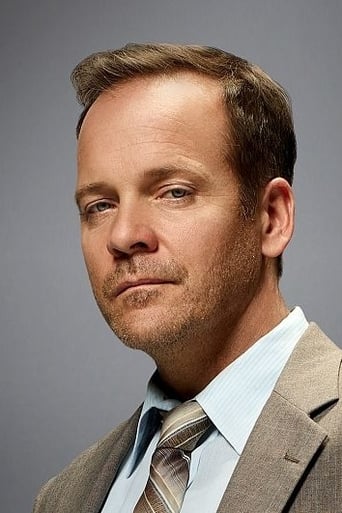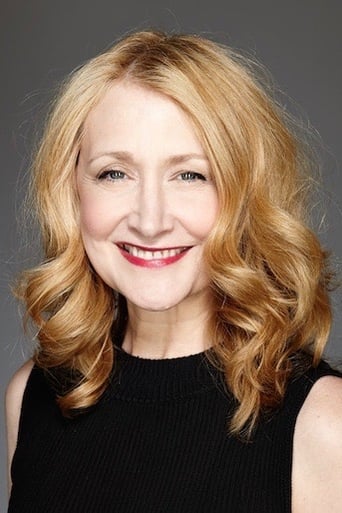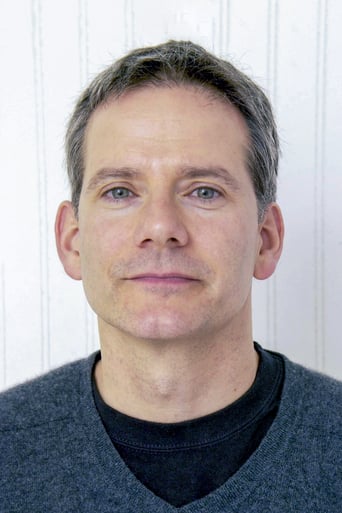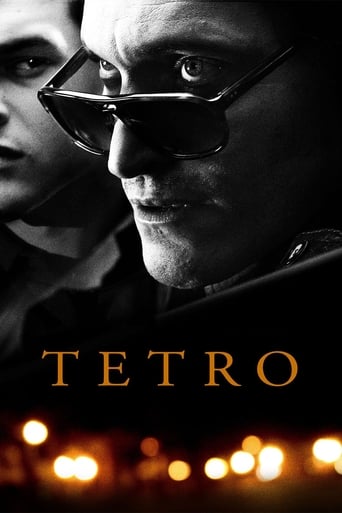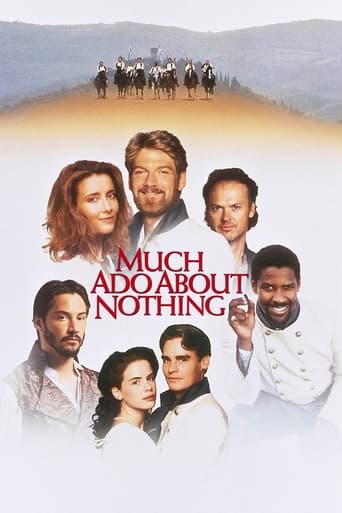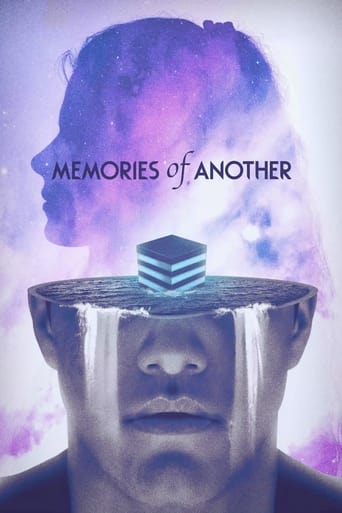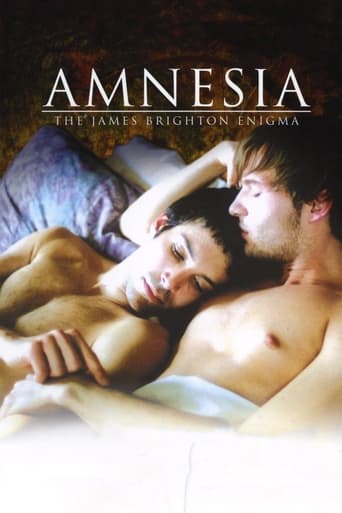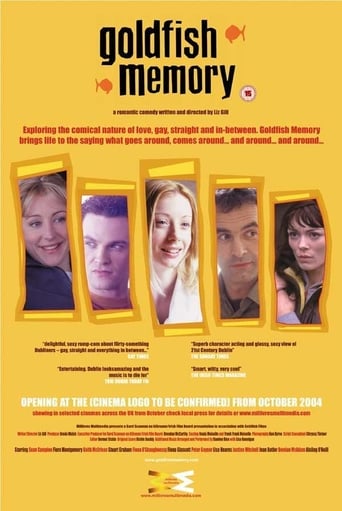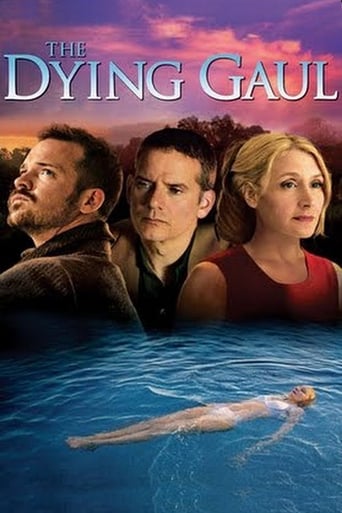
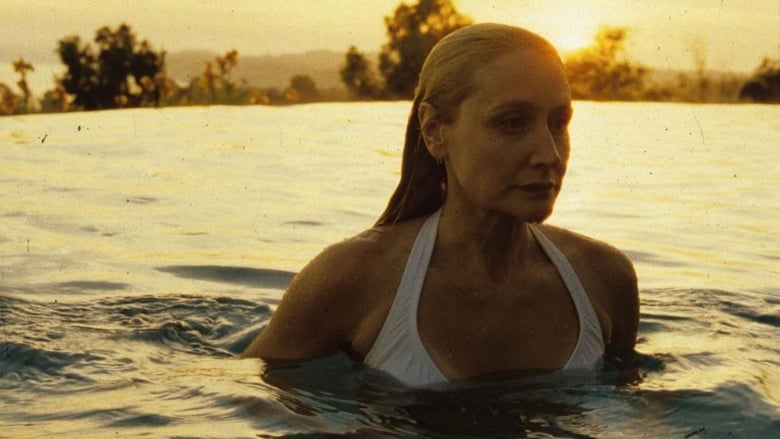
The Dying Gaul (2005)
A grief-stricken screenwriter unknowingly enters a three-way relationship with a woman and her film executive husband - to chilling results.
Watch Trailer
Cast
Similar titles
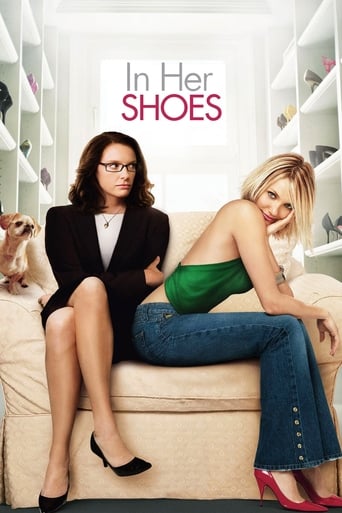

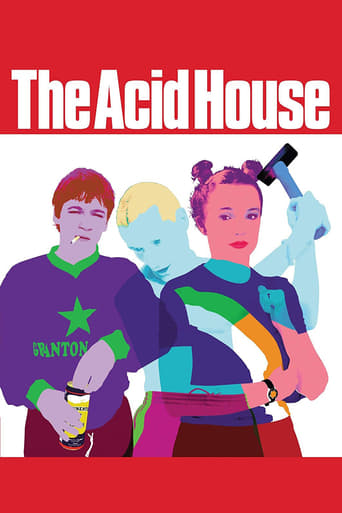
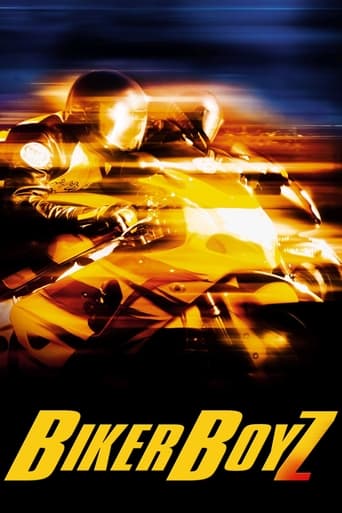
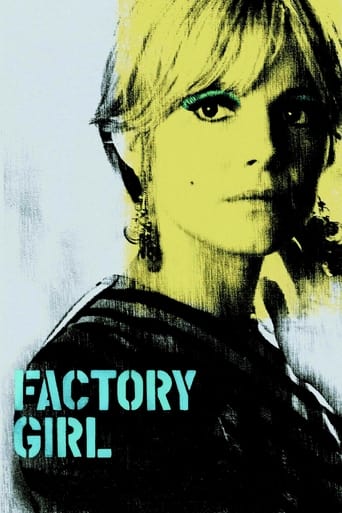
Reviews
Nice effects though.
Yo, there's no way for me to review this film without saying, take your *insert ethnicity + "ass" here* to see this film,like now. You have to see it in order to know what you're really messing with.
It's the kind of movie you'll want to see a second time with someone who hasn't seen it yet, to remember what it was like to watch it for the first time.
The movie really just wants to entertain people.
The gay screenwriter Robert (Peter Sarsgaard), who is grieving the recent loss of his lover, writes a screenplay based on his biography and tries to sell it to the Hollywood producer Jeffrey (Campbell Scott). He offers one million dollars for his work, provided changes in the story replacing the dying man per a woman to make a commercial film. Jeffrey shows the screenplay to his wife Elaine (Patricia Clarkson), who loves to write and to plant flowers, and she is also delighted with the story. Robert works introducing the required modifications and Jeffrey, who is bisexual, has an affair with him. Meanwhile Elaine finds the gay website where Robert writes and she creates a fake profile to have conversation with him pretending that she is his deceased lover. Soon she learns the affair of her husband and she decides to leave him. But when the gay Robert discovers the truth, he has a breakdown and takes vengeance for Elaine with tragic consequences."The Dying Gaul" is a boring movie with an unrealistic story. The idea of Elaine pretending to be the spirit of the dead gay and luring Robert in a gay chat room is ridiculous. The use of the deadly flower to poison Elaine would be easily found by the autopsy despite his explanation about the impossibility of finding the traceability of the poison. My vote is four.Title (Brazil): "Triângulo Obsceno" ("Obscene Triangle")
Based on an off-Broadway play I saw and remember nothing about, this modern-day cyber-noir has a clever screenplay (Craig Lucas) undercut by inept direction (Craig Lucas). Its three protagonists -- a cheating bisexual film producer, his taken-for-granted wife, and a promising gay screenwriter -- are all upstaged by the spectacular Malibu-ish beach house where much of the action takes place. But the camera angles and cutting are stodgy, the staging awkward, the composition too artsy (no conference room was ever that color orange), the use of close-ups excessive, Steve Reich's score predictably repetitive and pseudo-chic, the mini-flashbacks confusing, and the long sequences of characters reading their cyber-chat to the camera distinctively uncinematic. Add to that certain plot details that just don't ring true: Would a neophyte gay screenwriter with an uncommercial script really land a million-dollar contract? How would the wife learn all the intimate details about his life that she later uses to destroy him? And would he really be so impressionable as to fall for her scheme? All three actors are excellent (Peter Sarsgaard does mince more than necessary), and Campbell Scott and Sarsgaard have a couple of scenes startling in their intimacy and honesty. But beyond the gaps of credibility in the plotting, these are three unpleasant, inconsistent people who use one another in annoying, unconvincing ways.
Watching 'The Dying Gaul' reminded me of watching 'The New Age' (Michael Tolkin, 1994). Both share the same facility for 'false grip' that keeps the viewer attending to the action while at the same time mentally numbing one into a false sense that there is any meaning to the whole thing. Perhaps that is the key, referring to the root of the poisonous plant found in the chic ultra-fab Malibu seaside manse's garden which, in the long run (spoilers begin here) acts as a deus ex machina at the end the movie. When the end does arrive I thought, of course, it had to be, what else could possibly have happened to bring this lolloping turkey to a conclusion. The script is a mish-mash of Buddha/Werner Erhard philosophical self-help and becomes a bit eye-rolling at times.Having said all that, I enjoyed many aspects of 'The Dying Gaul', not least of which were the performances of Patricia Clarkson and Peter Sarsgaard. But, like Judy Davis and Peter Weller in 'The New Age', all their great gifts of reaction to the words cannot mitigate the nebulous quality of the entire project. What IS the point? Is it another Gay Rage film, taking dark-humored revenge on the closeted bi-sexual married couples that abound across the landscape, or is Robert Sandrich (the screenwriter) just another serial killer....? Who knows. It is this mysteriousness that several of my friends were intrigued by and spent many hours discussing and reaching no conclusions. One of my film buff chums went way out on a wine-driven limb about how it was about the Reality of Cyberspace and all kinds of flapdoodle about melding karmas in chat rooms or some such stuff that is posited by the Sarsgaard character early in the film. Then the conversation veered off into other theories as to what this movie was about. When THAT happens in a conversation about a film I become immediately suspicious of its basic integrity. In other words, it is pretty much a pile of cow pats. Only a really great director can pull off such cinematic enigmas; I'm thinking of Peter Weir's masterpiece 'Picnic of Hanging Rock'.There is thinking and there is Thinking. 'The Dying Gaul' calls up the lesser of the two, amounting in the end to cinematic wool-gathering, rather like this comment is becoming, so I won't continue much longer.Basically I think this movie is a woman's revenge movie that backfires dreadfully. But as all the main characters are fairly reprehensible it had no emotional impact at all, it sort of went "phut" at the end when I think I was supposed to be devasted or something. Or perhaps this was part of the black humor bit that I didn't get. But I don't see much funniness in the deaths of children. If 'The Dying Gaul' is someone's idea of 'Black Humor' then I have definitely lived too long. This is a bitter, cruel, nasty movie that provokes puzzlement but little follow-up interest, at least for me. But worth viewing for Clarkson and Sargaard's performances and Steve Reich's interesting score.
There are certain subjects that, I think, people feel should be treated with reverence, no matter how badly they're done. Homosexuality and AIDS are two such subjects, and the tolerance and understanding with which one is supposed to accept these facts of life has carried over to "The Dying Gaul", an appropriately snooty title for this pretentious waste of film stock.The first 40 minutes or so of this thing, the set-up, as it were, is quite engaging. A slick Hollywood executive (Campbell Scott) invites a young gay screenwriter (Peter Saarsgard) to his office to offer to buy his new screenplay "The Dying Gaul", but there's a catch. The gay element in the screenplay has to be eliminated for audience appeal or there's no deal. The price: one million dollars. The writer compromises and soon becomes a member of the Hollywood in-crowd. From there, it takes a peculiar turn. But what people are perceiving as unique and clever is just a reprise of the old messy love triangle let's-do-away-with-the-inconvenient-spouse thing that goes back to God knows when, Double Indemnity and probably before that, only updated to reflect changing social mores. It is, in fact, not terribly imaginative, and the writer-director Craig Lucas is fond of using splashy photographic effects, like sprawling sunsets and characters having conversations against a red screen to cover up the gaping holes in the plot. I didn't believe the executive's wife could be unaware of his bisexual tendencies after all their years of marriage, nor did I believe Saarsgard's character wouldn't have suspected the wife to be ArckAngel since she specifically asked him what chat rooms he frequented. Can these allegedly intelligent characters be that dumb? Does the screenwriter really think he's being contacted from beyond the grave? And what purpose does the writer's wife and child serve? It feels like an afterthought. It's also not clear how the wife got the dirt on the screenwriter that she got. And the whole chat room sequence is a dud. Every time the characters start typing, the movie grinds to a halt. Watching people display their secretarial skills on camera is not a very compelling motion picture device and I felt the same inertia here as I felt watching the lovers bang out messages in "Closer". Even more offensive, though, is a real nose-in-the-air attitude this movie struts about with. There's a bit of business in the opening scene that defines the haughtiness to a tee. When Scott, the executive, asks Saarsgard about the derivation of the title "The Dying Gaul", he goes into a long-winded spiel about culture and victimization that should have been played for a laugh. But Lucas treats it reverentially and Scott's character impatiently lets him finish. That's Lucas the screenwriter talking; he believes in the sincerity of such pompous, pretentious crap. This Gaul isn't dying, it's embalmed.
